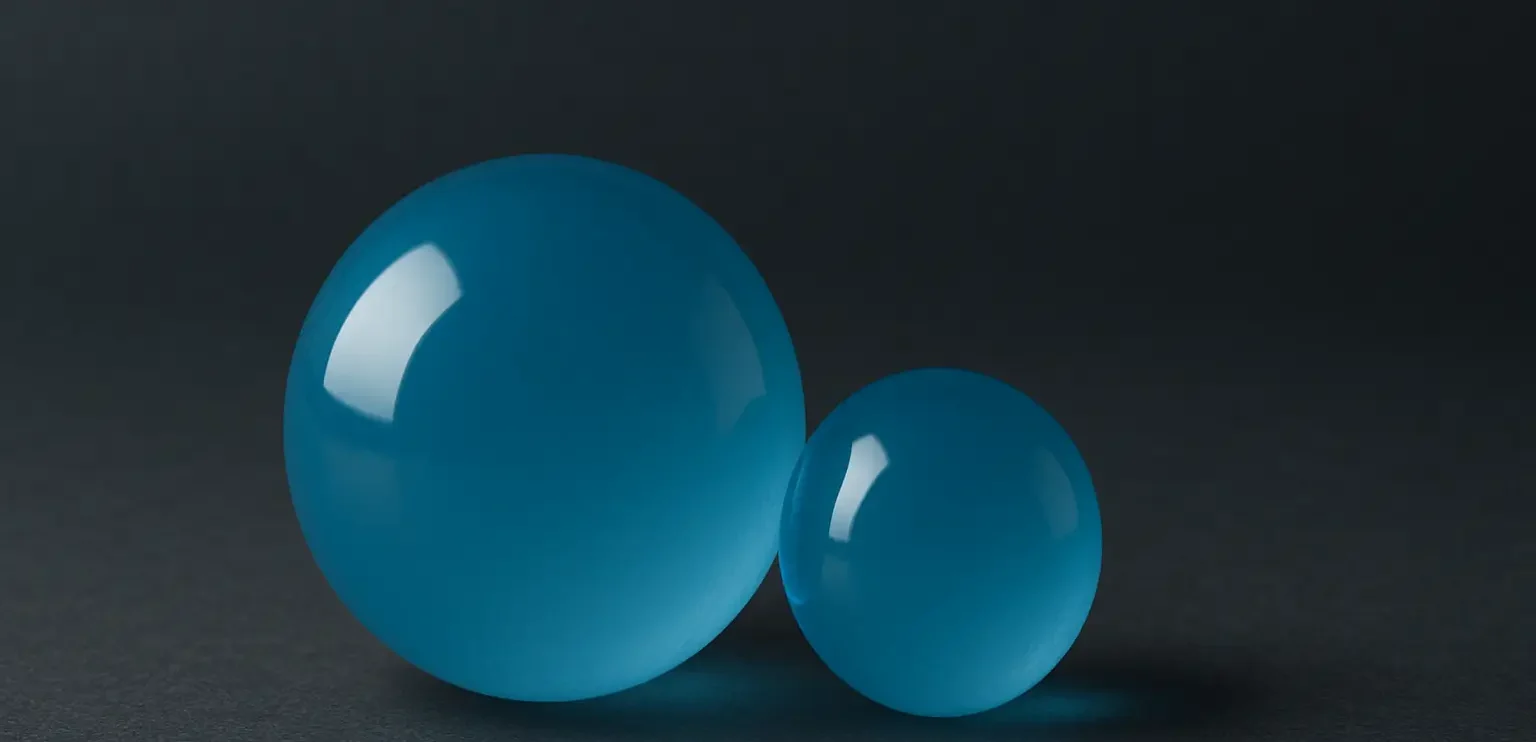Definition of Liquid Complexes:
They are homogeneous mixtures consisting of two or more components that interact at the molecular or ionic level, often resulting in unique physical and chemical properties distinct from the individual components.
Types of Liquid Complexes:
-
Solutions:
- Homogeneous mixtures where solutes (e.g., salt) are completely dissolved in solvents (e.g., water).
-
Colloids:
- Mixtures where small particles are dispersed throughout a liquid but do not settle out (e.g., milk).
Properties:
- Homogeneity: Uniform composition throughout the mixture.
- Stability: Particles do not separate over time.
Applications:
- Chemical Reactions: Many reactions occur in liquid complexes, such as those in aqueous solutions.
- Industrial Processes: Solutions and colloids are used in pharmaceuticals, food production, and materials science.
- Biological Systems: Blood is a complex liquid containing dissolved gases, nutrients, and cells.
Thank you for reading from Firsthope's notes, don't forget to check YouTube videos!
